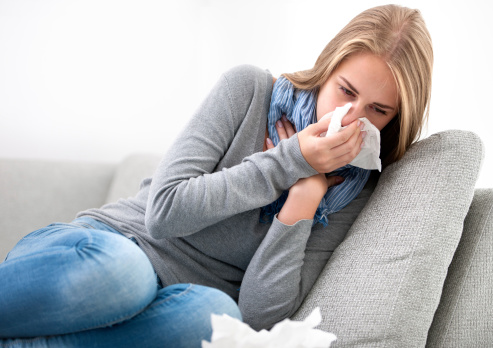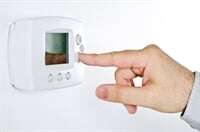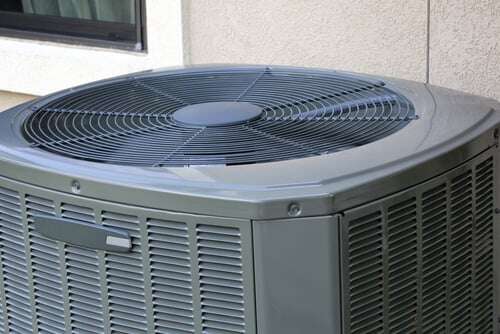 You don't need to hang a sign on your back declaring that you're an “allergy sufferer” when you're coughing, sneezing and rubbing your red, watery eyes. The people around you already know and may feel at a loss to help ease your symptoms.
You don't need to hang a sign on your back declaring that you're an “allergy sufferer” when you're coughing, sneezing and rubbing your red, watery eyes. The people around you already know and may feel at a loss to help ease your symptoms.
When even you cannot pinpoint every mitigating factor, it's no wonder that you're considering what role your heating and air conditioning system plays in the scheme of your allergies. (Experts In Your Home discussed the role of indoor air quality in two recent articles: “How Your Heating System Affects Indoor Air Quality” and “Beyond Your Heating System: Counteract Poor Indoor Air Quality.”)
All things considered, it's no wonder you may ask, “Am I allergic to my heating and air conditioning system?”
We're no health experts at Experts In Your Home; we're heating and air conditioning experts. But we care enough about the health and well being of our customers to consult some of the top health, environmental and consumer groups in the country to hear what they have to say on the subject.
The short answer is no; you cannot be allergic, per se, to your heating and air conditioning system. But its health and well being is intrinsically tied to yours. Take care of it and you're likely to breathe healthier indoor air. And that, in turn, will provide some relief for your allergy symptoms, especially with regard to the debilitating effects of dampness and mold.
The Public Health Institute says -
Take it from the country's foremost public health institute, the Centers for Disease Control and Prevention: “Improper operation and maintenance of HVAC systems is one of the most common problems that impact indoor environmental quality.” To prevent health problems and allergic reactions that can stem especially from dampness and mold, the CDC recommends that homeowners "conduct regularly scheduled heating, ventilating, and air-conditioning (HVAC) system inspections and promptly correct any problems."
The Environmental Agency says -
Take it from the country's foremost environmental agency, the U.S. Environmental Protection Agency, which advocates a three-step strategy for improving the quality of indoor air: source control, improved ventilation and (to a limited extent) air cleaners. You might recall from an earlier Experts article that the EPA says that homeowners “should consider” having their air ducts cleaned if they find mold growth inside the ducts or on other components of their heating and air conditioning system. “Do not run the HVAC system if you know or suspect that it is contaminated with mold,” the EPA says. “It could spread mold throughout the building.”
The Asthma and Allergy Foundation says -
Take it from the Asthma and Allergy Foundation of America, which targets “four basic factors” that influence indoor air quality: the occupants, the HVAC system, “pollutant pathways” and “possible contaminant sources.” The foundation recommends a prompt inspection of your heating and air conditioning system to ensure that it is operating as it should.
The Safety Commission says -
Take it from the country's foremost consumer group, the Consumer Product Safety Commission, which points out that “sick building syndrome” can make people sick, too, with symptoms that mimic those of allergies: lethargy or fatigue; headache, dizziness, nausea; and irritation of mucous membranes. It recommends that homeowners “undertake an investigation and analysis” of their home, “particularly the design and operation of HVAC systems and correct contributing conditions.”
The CPSC notes that indoor air quality is an “evolving issue” that health-conscious homeowners should stay apprised of through reliable sources.
Let Experts In Your Home in Chico be one of those sources – as well as your go-to heating and air conditioning system expert. Together, we'll ensure that the quality of the air you breathe, whether or not you suffer from allergies, is the very best it can be -- no matter what the season.








